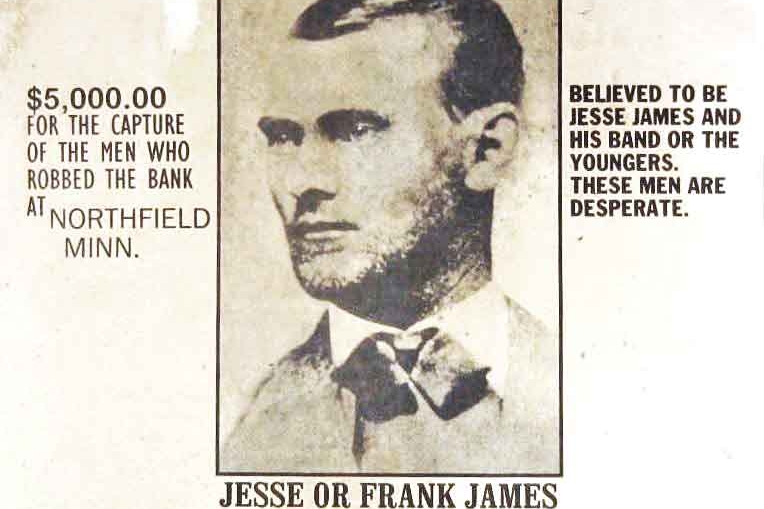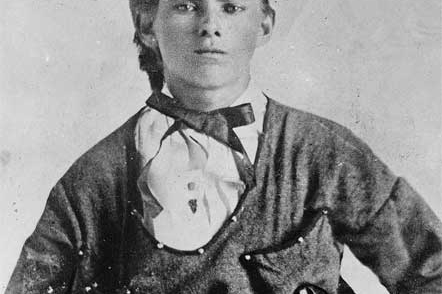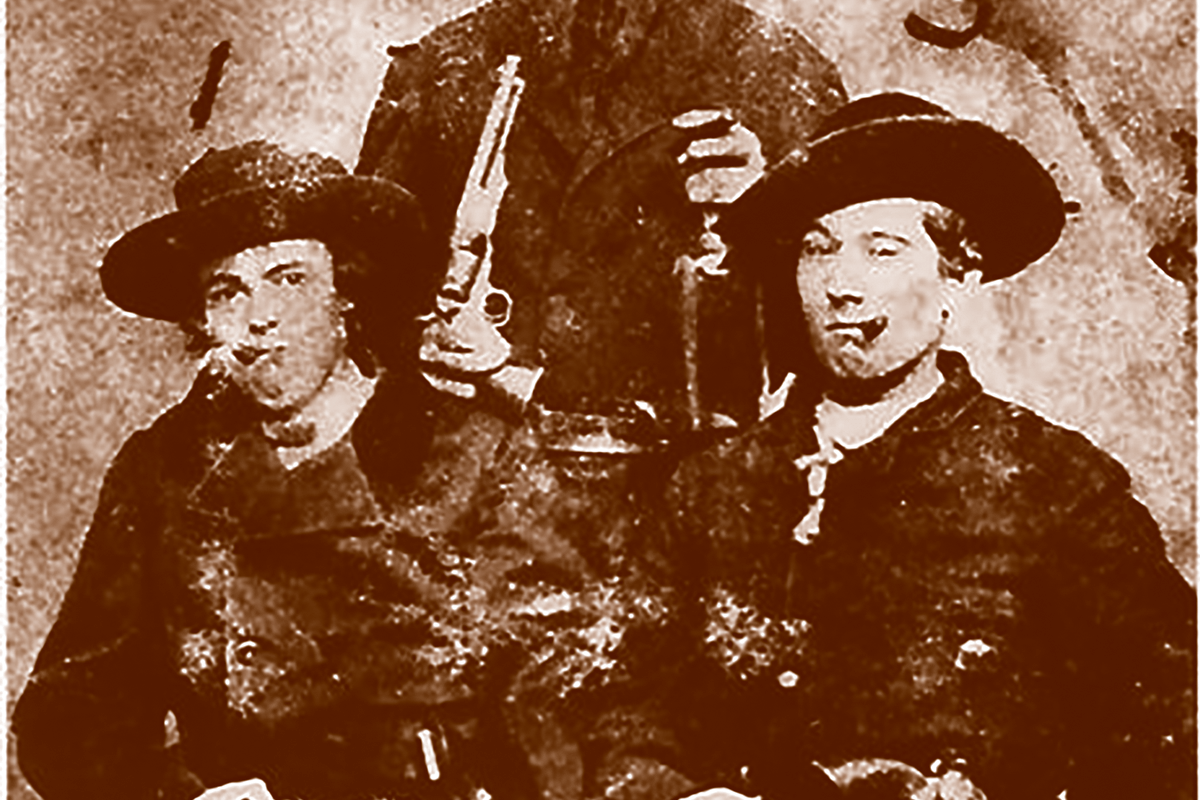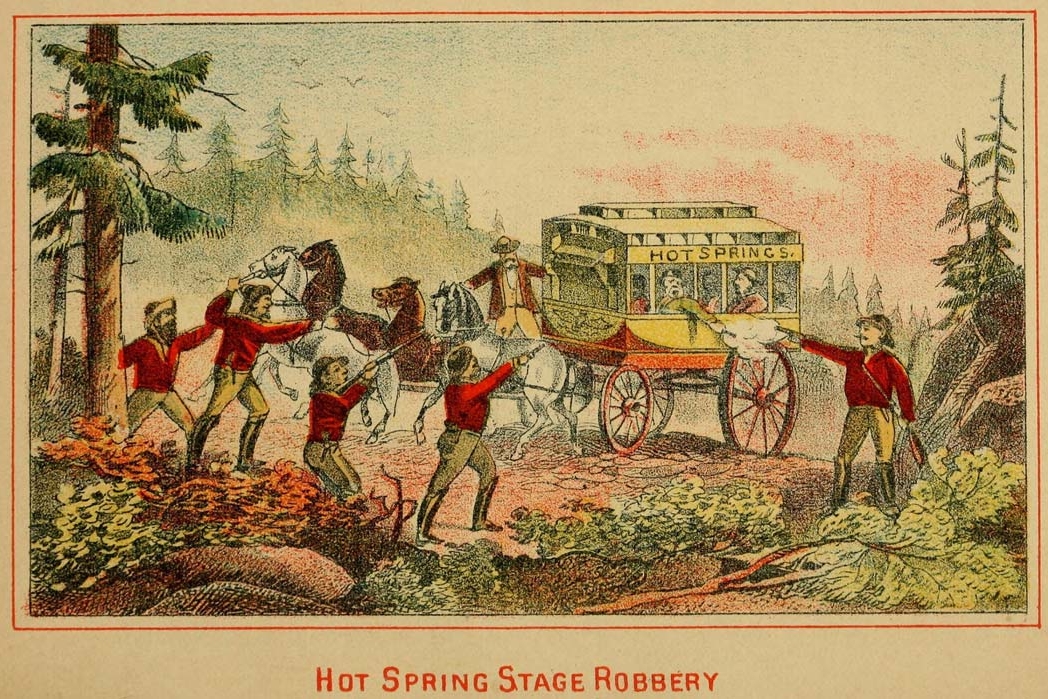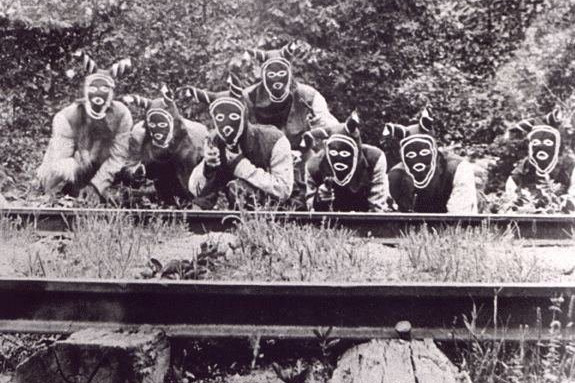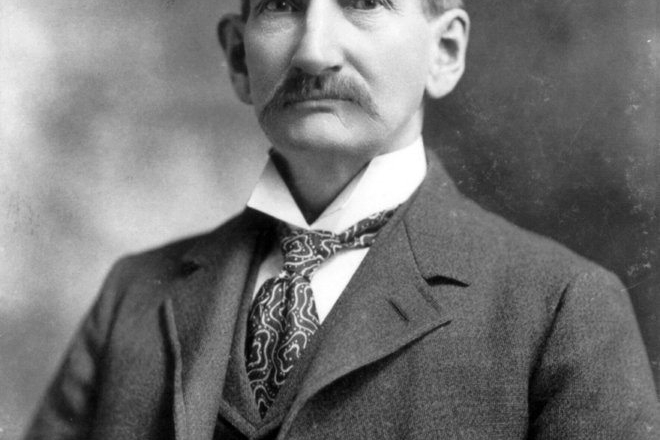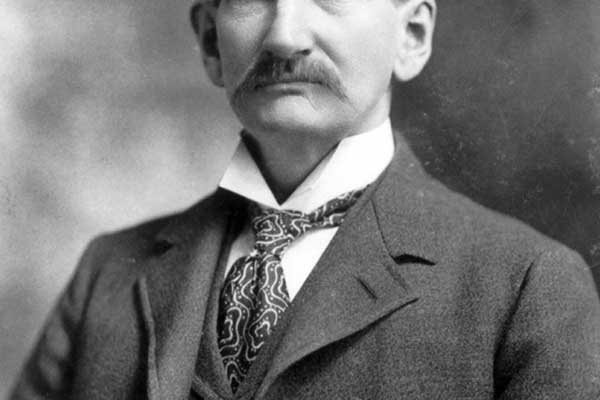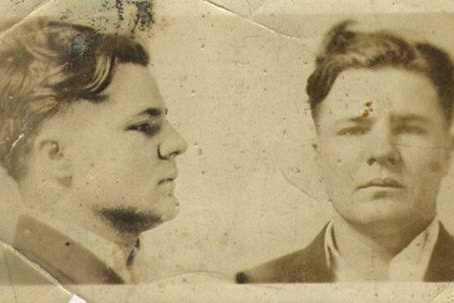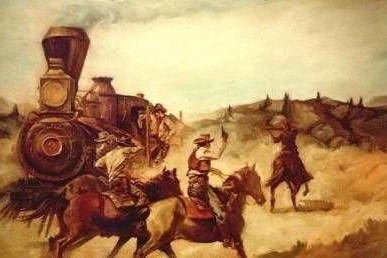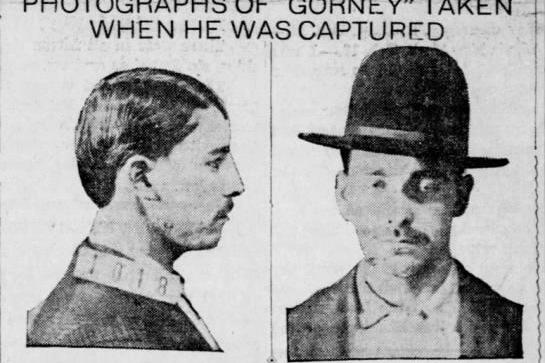Missouri’s Most Infamous Outlaws
In the mid-to-late 1800s, Missouri was known as the Outlaw State, with considerable justification. Missouri contributed far more than its share of bushwhackers, stock thieves, band and train robbers, and killers. Here’s a roll call of some of the most infamous outlaws.
Life on the Run: Riding With the Younger Brothers
In the stories told about them during their careers the Youngers were often cast in the classic Robin Hood mold. It was an image they worked hard to cultivate, but it was only half true. They did steal from the rich but, as biographer T.J. Stiles wrote, “There is no evidence that they did anything with their loot except spend it on themselves.”
August 20, 1888
With the death of Nat Kinney, the Bald Knobbers of Southwest Missouri were finally suppressed. Read more about the Bald Knobbers here.
October 5, 1882
Frank James surrendered on the steps of the state capitol. He made a short speech and turned his gun over to the Governor. Read more about this in Tales From Missouri and the Heartland.
August 21, 1883
After having robbed dozens of banks and trains over nearly two decades, Frank James finally turned himself in October, 1882. His trial began in Gallatin on today's date. It was held in the city opera house in order to accommodate the crowds of spectators. Read what he did after the trial in Tales from Missouri and the Heartland.
June 17, 1933
Pretty Boy Floyd and his gang were implicated in killing four policemen and their prisoner in front of the Union Station in Kansas City. This event has come to be known as the Kansas City Massacre.
January 24, 1903
A shootout occurred in Union, Missouri following the robbing of the Union Bank. A posse of citizens followed the robbers on horseback, and Pinkerton detectives and doctors were rushed by train from St. Louis to care for those in need.

